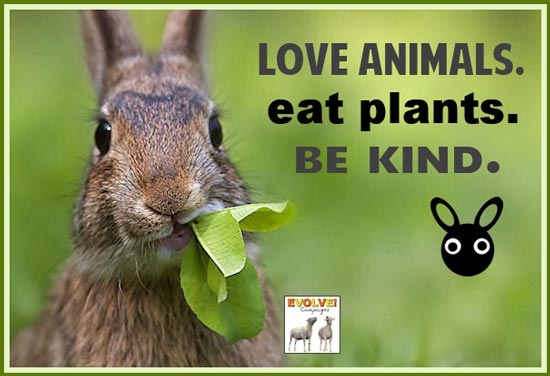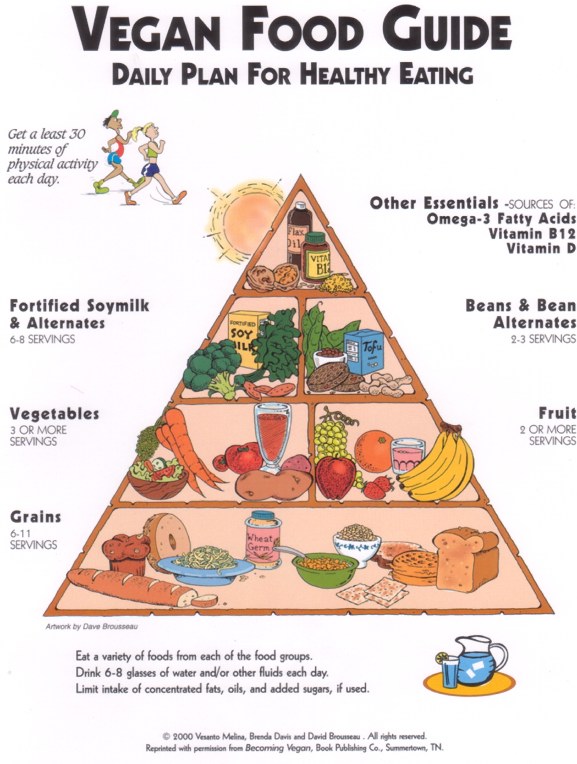Argentines turning their back on beef
October 16, 2013 www.dw.de
On UN World Food Day, Argentina's domestic and export beef market continues to struggle. Consumers are also rethinking their eating habits. Could a country traditionally associated with steaks soon switch to tofu? Diego Castro was always a little bit of a trend-setter. The 44-year-old raw vegan chef has been at the forefront of Buenos Aires' vegetarian movement for the past decade. All the food he eats is of non-animal origin, and he doesn't cook anything above 48 degrees Celsius.
In Argentina, traditionally a bastion of beef consumption, Castro's food preferences are still somewhat of a rarity. But, he says people in his local neighbourhood in Buenos Aires are slowly changing their view. Economic factors are, in part, at the root of these changes, but a growing health foods movement and a rising interest in vegetarianism is also making a difference, he says.
After spending time working in a New York vegan restaurant, Diego Castro returned to Buenos Aires with a dehydrator and a food blender. Back in Argentina, Castro began to teach others how to prepare raw vegan food before opening Buenos Aires' first raw vegan restaurant in 2007.
Initially, Castro met with a lot of resistance. "It was something really new," he says about his restaurant. "All my friends were saying, 'You are crazy.'" In 2009, Castro had to close the restaurant; he was simply losing too much money.
But he wasn't prepared to give up on bringing raw vegan food to Buenos Aires and still teaches vegan cooking to others. That's because for Castro, reducing the meat in his diet isn't just about improving his own health. It's also about reducing impact on the environment by reducing the country's reliance on large-scale factory farming. "I think we are rediscovering what our ancestors used to eat a few centuries ago, and it's very simple, and it's very wise."
Castro's view comes in line with the focus of this year's UN World Food Day (16.10.2013) which is focusing on sustainable food systems. Meat production is a key aspect of sustainable food production, because the cattle-breeding industry creates a high amount of waste. Cows produce methane gas, which damages the world's atmosphere – and feeding livestock uses up a lot of water.
But there's a different side to the story too. With vegetarianism on the rise in Argentina, the country's once famous beef industry is struggling. Per capita consumption of beef now averages about sixty kilograms per year, down from its peak of nearly one hundred kilos in 1958.
The drop consumption can be felt at the Mercado de Liniers, Argentina's most famous cattle market. For over one hundred years, ranchers from all over Buenos Aires Province have sold their cattle there at daily auctions. A decade ago, 2.2 million animals were sold at the Mercado de Liniers every year. By 2012, that number had fallen to 1.3 million.
According to Ernesto Ambrosetti, the chief economist of the Argentine Rural Society, the country's largest farmers' association, the drop in sales is not just because of the rise in Argentine veganism and vegetarianism.
Ambrosetti points out that the two main problems facing beef production in Argentina today are government price controls, which make it less profitable to raise cattle, and government-imposed export barriers. "Only 15 percent of the meat from each animal gets exported; the rest stays in Argentina. So the more beef we produce here, the more meat we have available domestically at low prices," the economist told DW.
 Opening up exports wouldn't just make more meat
available on the local market, says Ambrosetti; it would also provide
employment. "In Argentina, more than 130 slaughterhouses have disappeared in
the last ten years, which has led to job losses," he says, adding that
"cattle ranches have become concentrated in fewer hands,
because small ranches
have disappeared."
Opening up exports wouldn't just make more meat
available on the local market, says Ambrosetti; it would also provide
employment. "In Argentina, more than 130 slaughterhouses have disappeared in
the last ten years, which has led to job losses," he says, adding that
"cattle ranches have become concentrated in fewer hands,
because small ranches
have disappeared."
If the government stopped interfering in the market, says Ambrosetti, Argentina's beef could easily make a comeback, also as an export industry. Last year, however, Argentina fell from ninth place to eleventh among the world's beef exporters, and imports to Europe – it's main market – dropped again considerably.
Still, there's a silver lining for some. While Argentina waits to re-assert itself as a beef superpower, vegans and vegetarians like Diego Castro will try to fill the void with healthy options that taste good too.
September 29 2014 Meat-free zone declared in India; vegetarian movement on the rise
Comment: Great news. Compassion for animals and going vegan is increasingly becoming a great social movement and lifestyle of many.
December 15, 2014 Ditching in Droves: Why Canadians Are Dropping Milk; sales continue to decline; 2019 companies in bankruptcy
November 28, 2015
B.C. companies thrive as meatless
eating goes mainstream; plant-based industry skyrockets

Read more: Animal cruelty is the price we pay for cheap meat; consumer demand; lobbyists; deceptive marketing
Dec. 2017 Canada ranked 45th out of 50 countries in animal cruelty index
Be sure to visit our Ethics & Factory Farming Pages